
Ken Levine, the mind behind iconic titles like BioShock and System Shock 2, has shared insights in a recent interview regarding his latest project, Judas. He firmly believes that artificial intelligence does not play a role in the development of this game, which ambitiously explores themes of humanity and the philosophies driving human behavior. While many are labeling Judas as a spiritual successor to BioShock, it diverges by setting its narrative aboard a spaceship operated by complex computer systems rather than within the deep ocean depths.
Given the philosophical themes at the core of Judas, the incorporation of AI in its development could be seen as somewhat ironic. Despite the game’s sophisticated reactive and interactive design, Levine has explicitly stated that the team at Ghost Story Games is committed to a traditional approach, asserting that AI has not been utilized in the game’s development. During a comprehensive discussion with Games Industry, Levine elaborated on his creative philosophy and the ongoing discourse regarding AI’s suitability in the gaming industry.
Crafting an Engaging and Interactive Experience
A Handmade Journey: No AI in Art or Writing
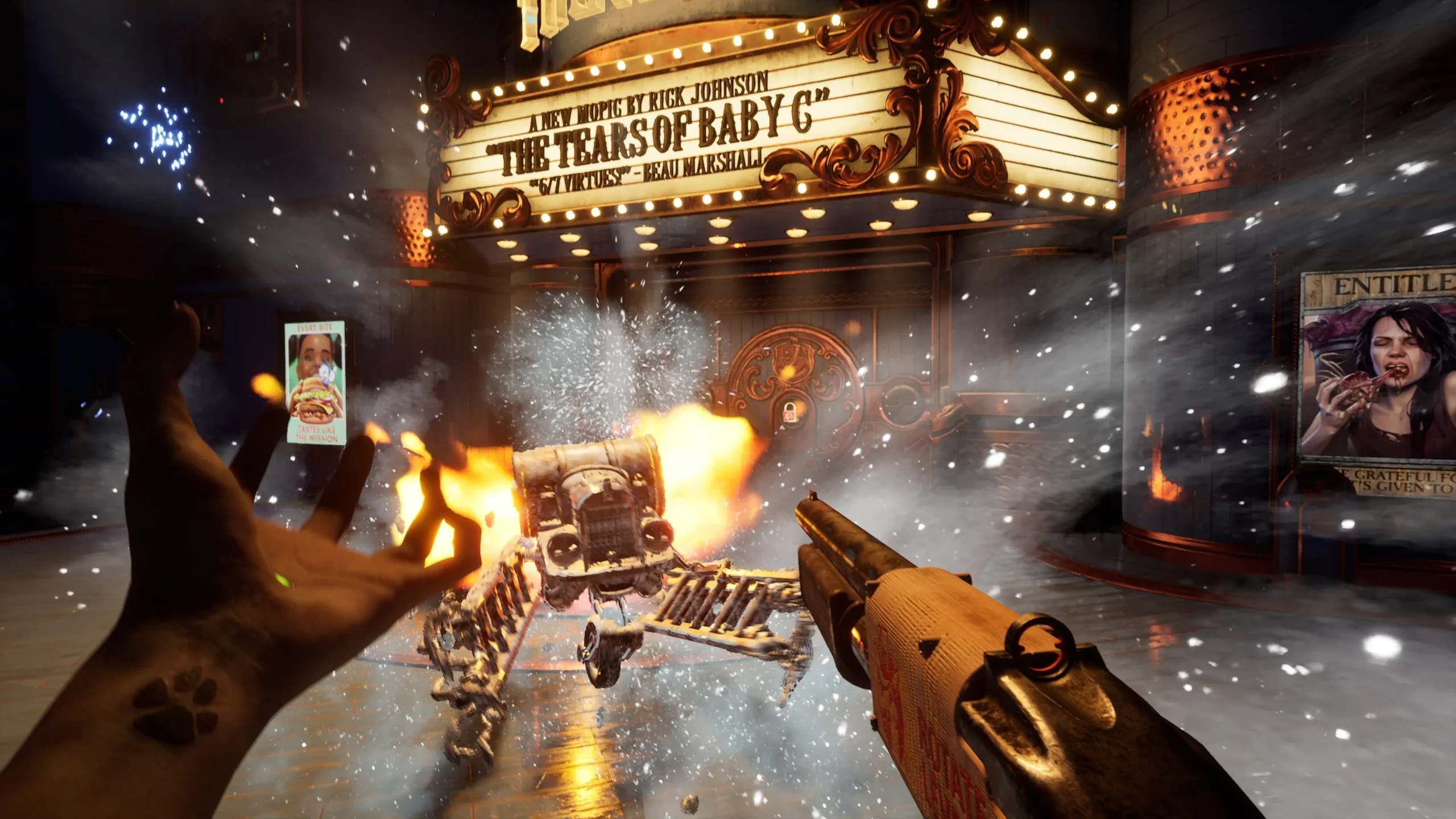
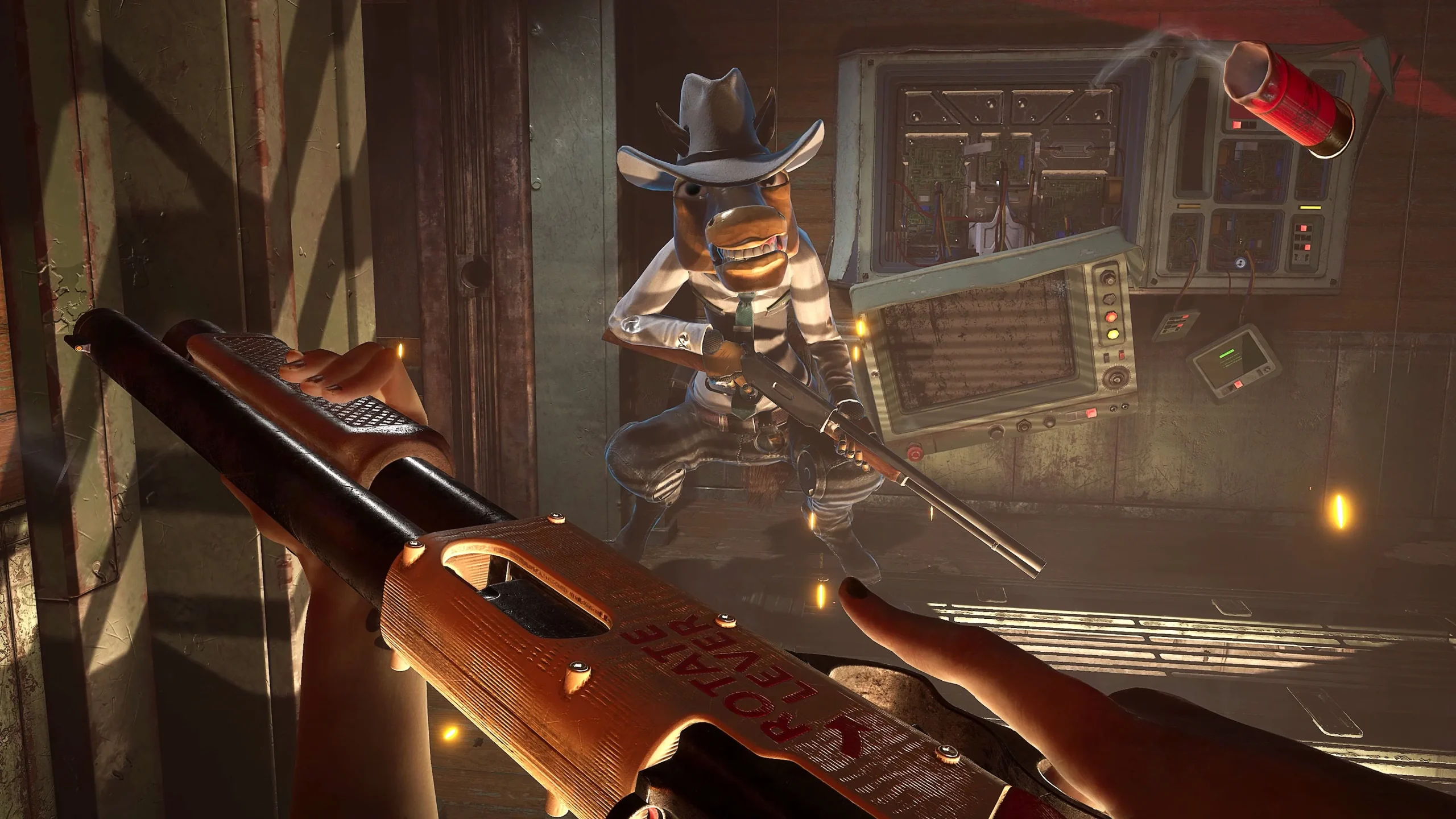
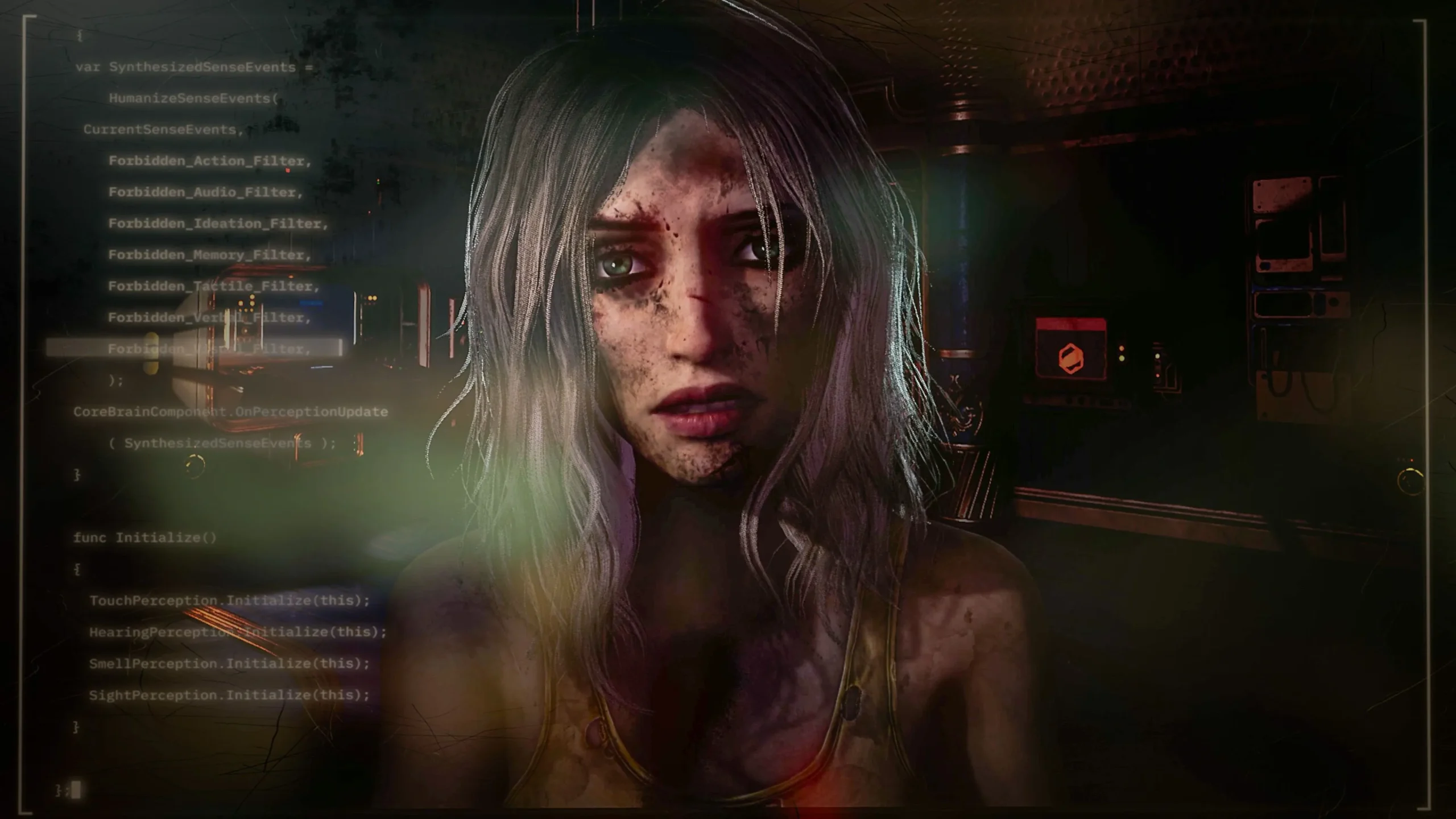
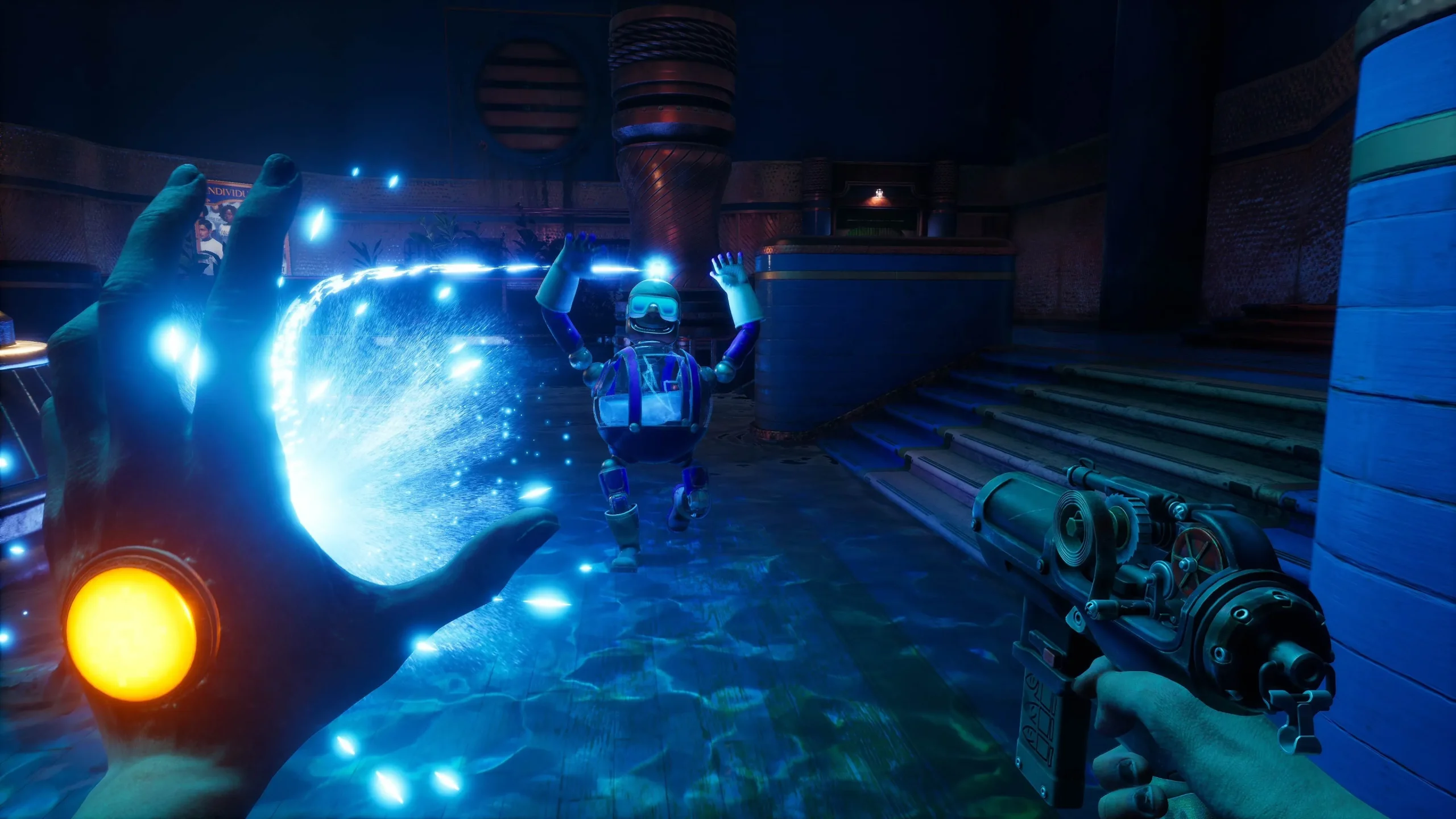
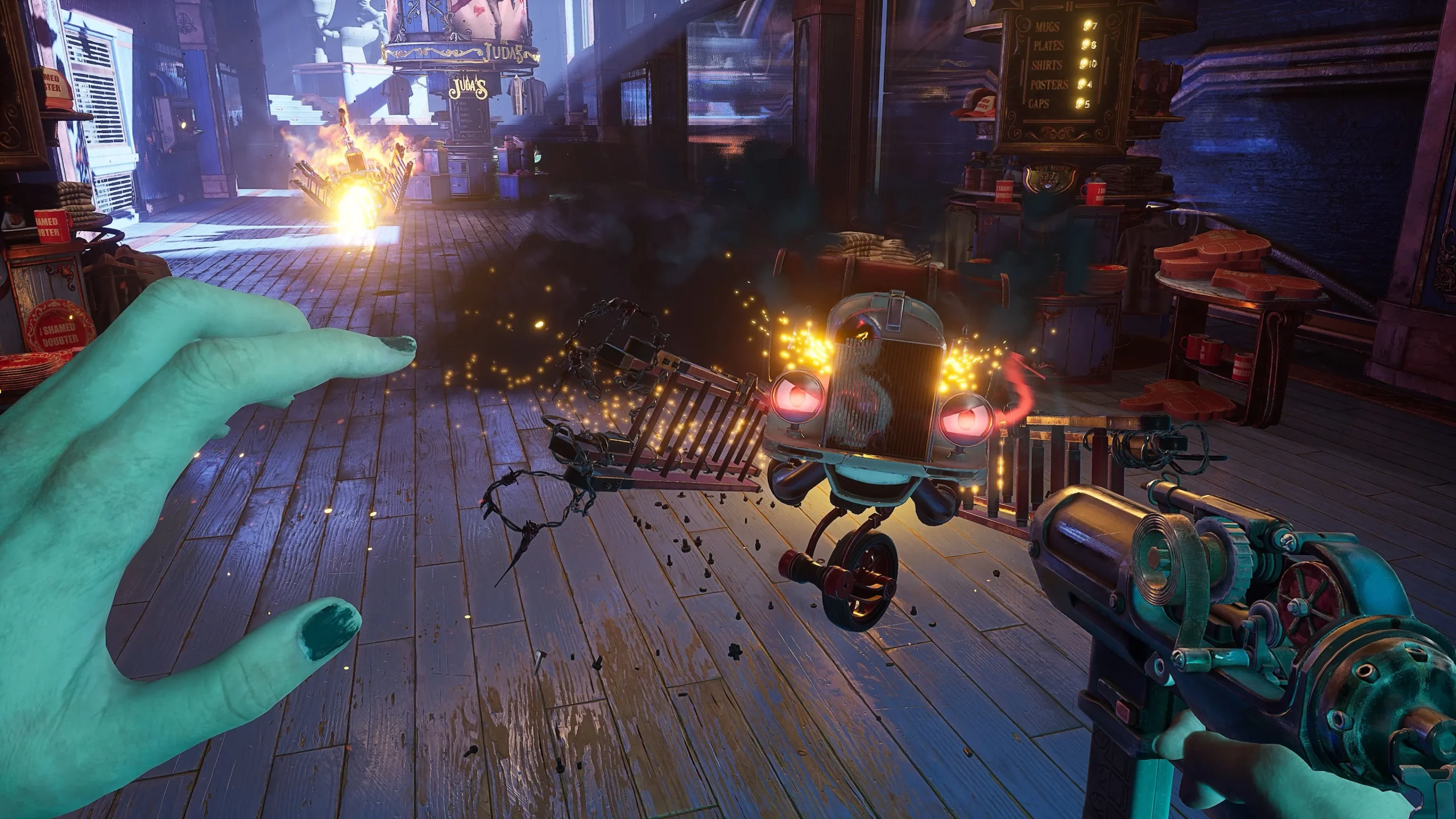
Video games stand out in the current media landscape due to their inherent interactivity. While other mediums like film have attempted to infuse elements of audience participation, none replicate the immersive experience offered by games. Levine compares video games more closely to interactive theater, where human actors engage with audiences in real-time. However, he notes, “computers do not know how to improvise,”thus demanding substantial manual input to approximate the spontaneity of live interaction.
While Levine acknowledges the powerful capabilities of AI, stating, “I don’t want to underestimate it. I think it’s very powerful,”he emphasizes its limitations in the creative process. According to him, AI cannot craft a compelling narrative or generate intricate scene structures needed for immersive storytelling. Ghost Story Games remains committed to a human-driven approach in creating Judas, notably abstaining from AI assistance in writing and concept art. Though challenging, Levine’s objective is to ensure that the game is as interactive as possible. He states:
“The approach we’re taking with Judas is heavily based upon recognition of player action and response to player action.. .. It’s a huge amount of work because you have to think of all the things a player can do and then write in-character responses for different characters to those actions in a way that feels organic.”
This dedication aims to build a game that genuinely reflects players’ choices, ensuring that their decisions resonate within the game’s narrative. Levine envisions Judas as a personalized journey for each player, one that shapes gameplay through individual agency, positing that, “otherwise we should just make a movie.”
Exploring the Evolution of the Game Industry
AI’s Place in the Creative Landscape of Gaming

According to Levine, the gaming industry has only begun to scratch the surface of its potential. He draws a parallel to the film industry, which took about five decades to fully understand its capabilities and produce remarkable works adhering to a consistent format. Although gaming shares a similar timeline—being over 50 years old—its evolution remains dynamic and far from concluded.
Levine’s outlook is one of optimism, viewing the ongoing changes within gaming as opportunities for innovation rather than setbacks. His philosophy of “Let’s try sh*t and see if it works”embodies a pioneering spirit that he finds exciting. While the development process for Judas is labor-intensive, Levine’s commitment to authentic interactive storytelling signals a bright future for the gaming medium. For now, he stands firm in his belief that AI should not play a role in shaping the creative direction of Judas or similar projects.
Source: Games Industry




Leave a Reply